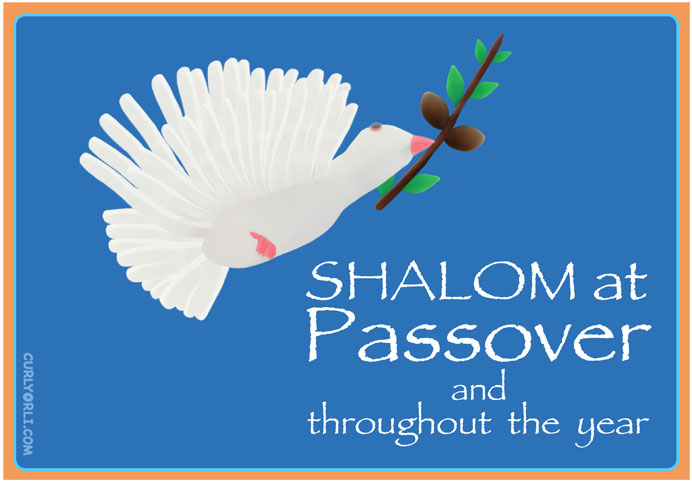The Passover Seder is the retelling of our passage from slavery to freedom, our defining central journey. We begin the Seder by opening the door and say, “All who are hungry, come and eat. All who are needy come and celebrate Passover with us.” This is the night that we are seated around the table, friends and families, to narrate our history as a people. We raise the Matzah plate and recite, “This is the bread of poverty that our ancestors ate in the land of Egypt.”
The exodus powerful narrative of freedom has produced enduring timeless Jewish values of care, compassion and justice as foundational and compelling. In some communities it is customary to put an empty plate on the table to remember those less fortunate, those who are suffering, those in need of shelter, refugees, asylum seekers, the homeless and the hungry. We who follow the custom, place verbal pledges on the plate and commit to do a mitzvah of our choice to alleviate suffering in the coming year.
Our history as slaves in Egypt is the blueprint for freedom as a people in an inclusive human community. Every year we are instructed in the Haggadah to see the ways in which we are not yet free, so that in the year to come we may do better.
At the Seder we open the doors of our homes and our hearts. The physical door invites the needy to enter; opening our heart commits us to act as people who have known bondage, who have been targeted and denied refuge. We pledge that in the coming year we will speak up for justice. We will stand up for the marginalized and for #MeToo, and for GLBT and for Black Lives Matter and for Muslim immigrants and for human rights and for the dignity of the human being, kvod haAdam. “Now we are slaves. Next year may we be truly free.”
HAPPY PASSOVER חג שמח
